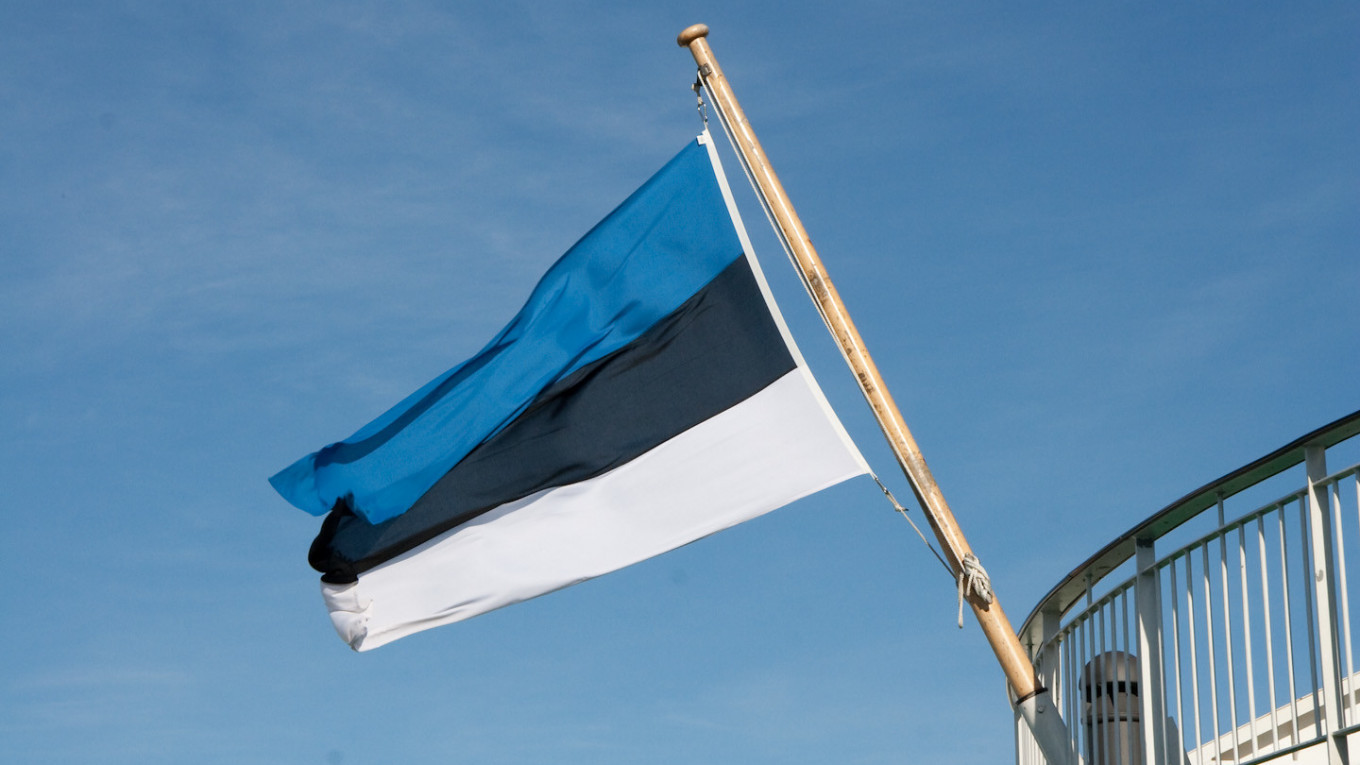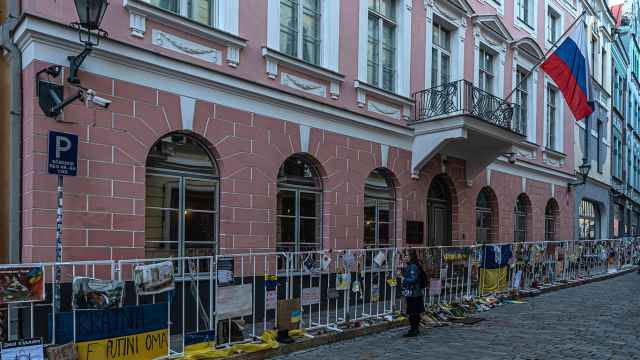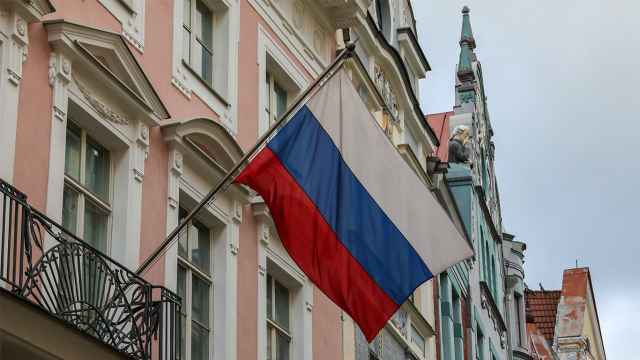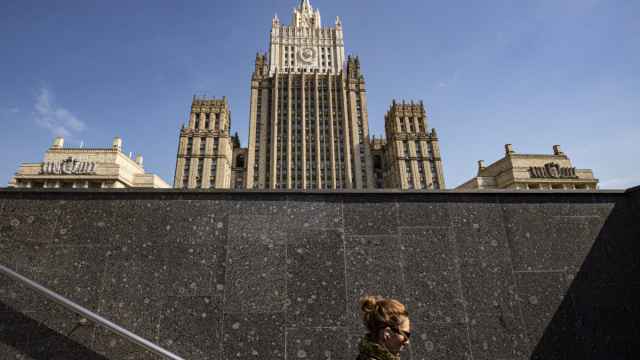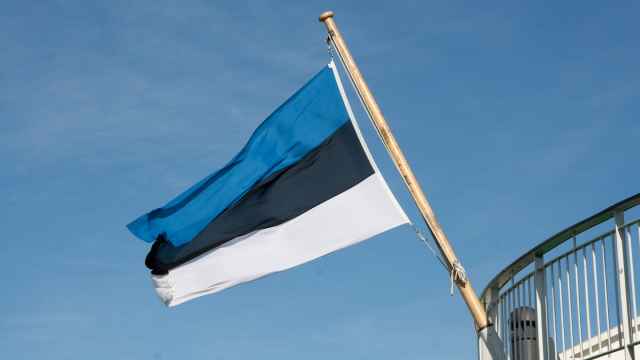Russia on Wednesday expelled Estonia's consul in St. Petersburg for allegedly receiving classified documents, the latest in a series of mutual diplomatic expulsions between Russia and the West over espionage claims in recent months.
The FSB security service said Tuesday it had detained consul Mart Latte while he was receiving classified documents from a Russian national and would take measures against him in accordance with international law.
In a statement on Wednesday, Russian foreign ministry spokeswoman Maria Zakharova said Latte had been declared "persona non grata" and would have to leave Russia within 48 hours.
She added that Moscow had "lodged a strong protest" with the Estonian embassy in Russia against Latte's "intelligence gathering activities."
On Tuesday, Estonian Foreign Ministry spokeswoman Aari Lemmik told AFP that the FSB had charged Latte with "embezzling sensitive materials."
She called the charges "completely ungrounded" and described his arrest as "a provocation by Russian authorities."
Since the start of the year, Russia and Western countries have engaged in a series of diplomatic expulsions and mutual espionage claims as tensions have spiraled.
In April, Moscow ordered a Ukrainian consul in St. Petersburg to leave Russia after the FSB said it had caught him attempting to receive classified information from a Russian national.
That month Moscow also expelled four diplomats from the Baltic states of Estonia, Latvia and Lithuania in a tit-for-tat response to a wave of expulsions of Russian diplomats in central and eastern Europe.
The Baltic states, which were ruled by Moscow during the Soviet era, are among the fiercest international critics of Russia.
A Message from The Moscow Times:
Dear readers,
We are facing unprecedented challenges. Russia's Prosecutor General's Office has designated The Moscow Times as an "undesirable" organization, criminalizing our work and putting our staff at risk of prosecution. This follows our earlier unjust labeling as a "foreign agent."
These actions are direct attempts to silence independent journalism in Russia. The authorities claim our work "discredits the decisions of the Russian leadership." We see things differently: we strive to provide accurate, unbiased reporting on Russia.
We, the journalists of The Moscow Times, refuse to be silenced. But to continue our work, we need your help.
Your support, no matter how small, makes a world of difference. If you can, please support us monthly starting from just $2. It's quick to set up, and every contribution makes a significant impact.
By supporting The Moscow Times, you're defending open, independent journalism in the face of repression. Thank you for standing with us.
Remind me later.


